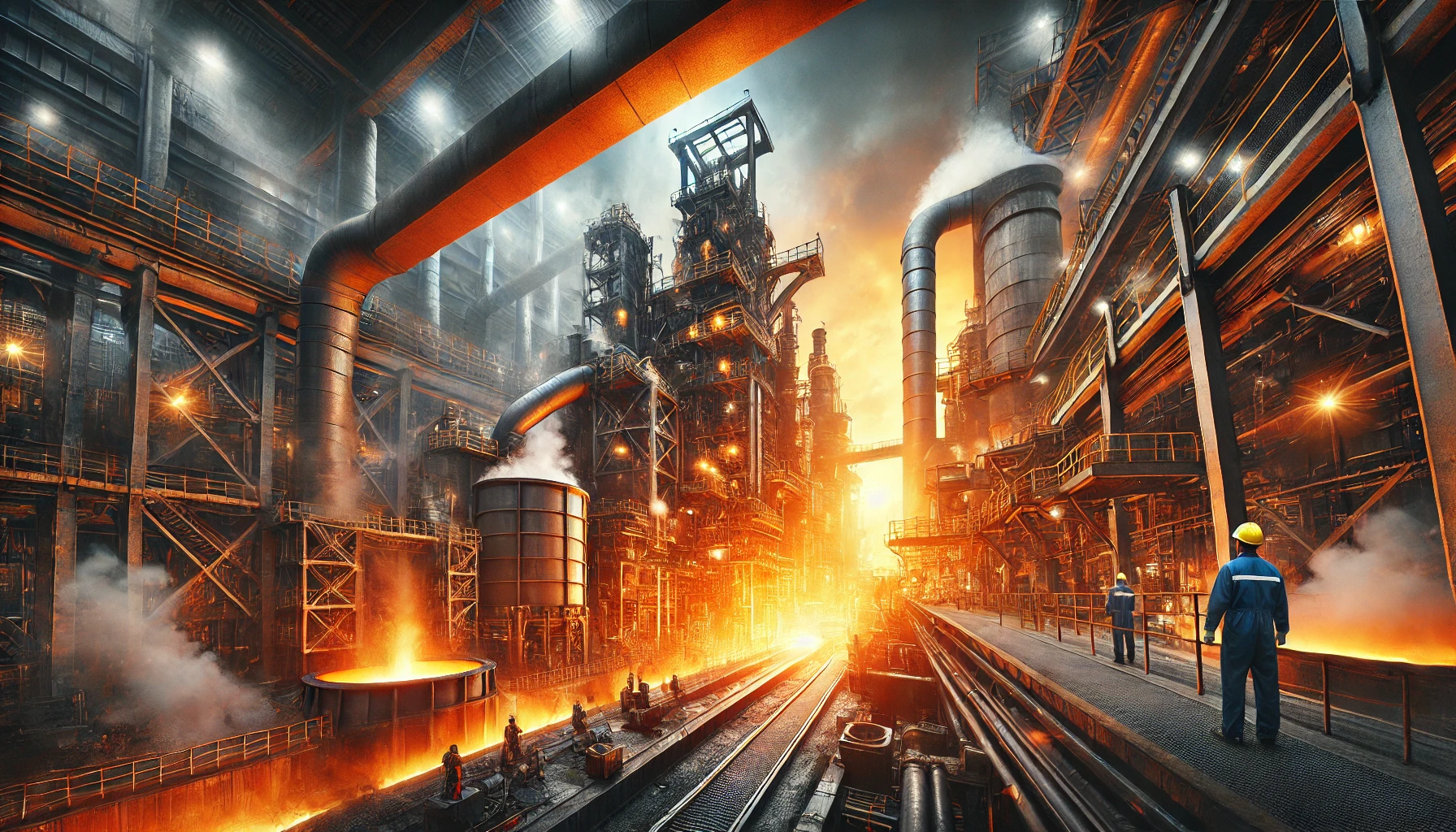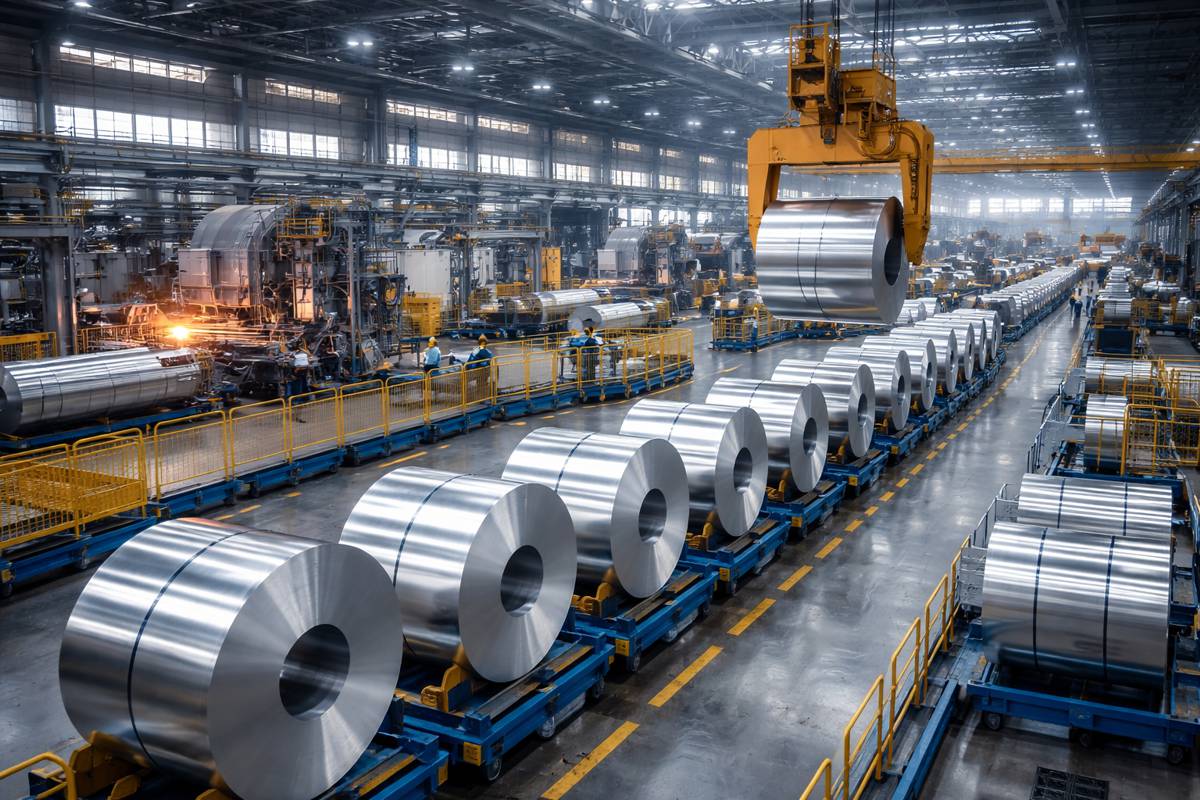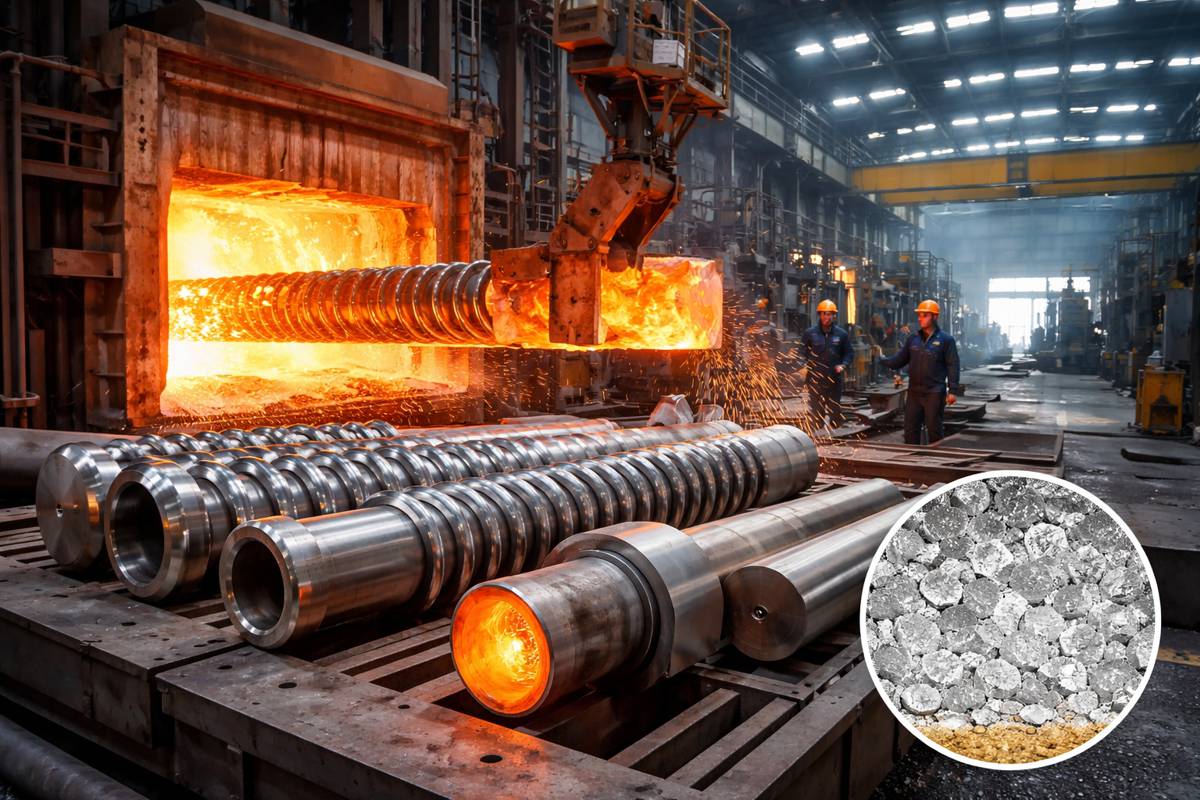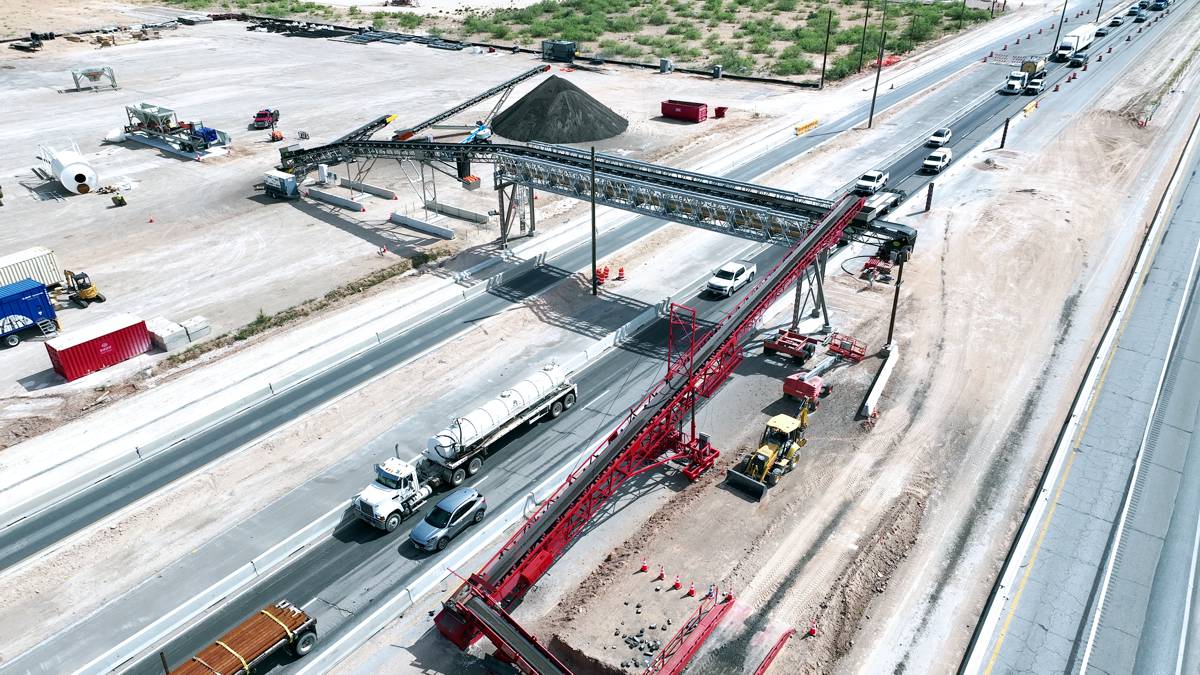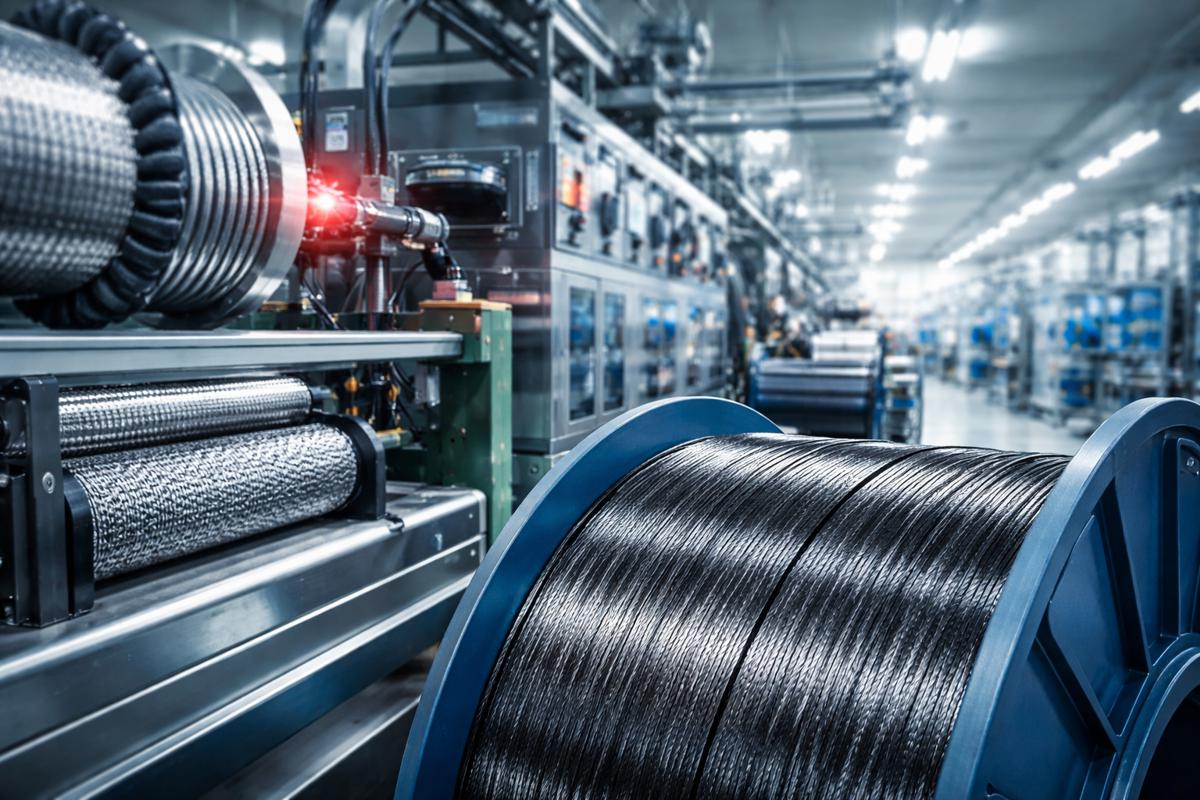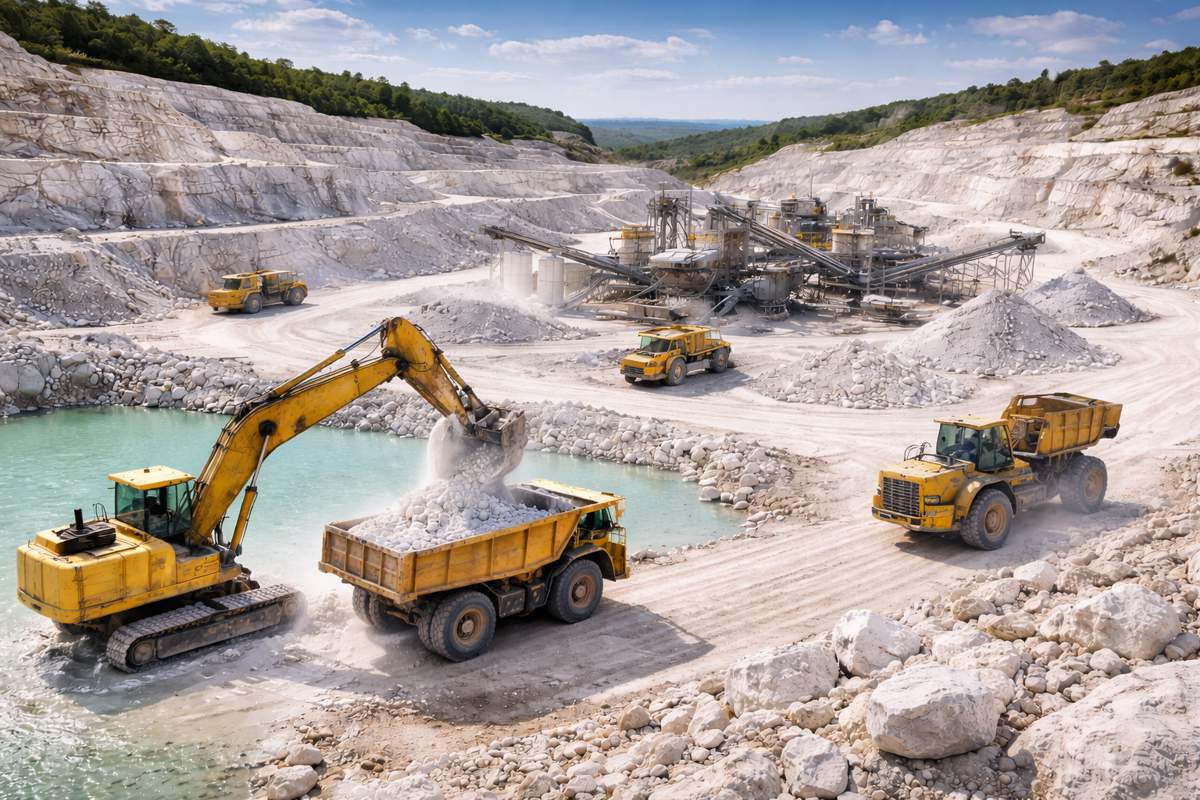Why Quality Control is Critical in Steel Fabrication
Steel fabrication plays a very important role in many industries, from construction to automotive manufacturing. Every process involved here must adhere to strict standards to ensure the final product meets specific criteria. Quality control becomes not only a priority but a necessity in this field, as it directly impacts the safety, durability, and overall performance of steel structures and products.
In the realm of steel fabrication, quality control begins at the earliest stages, such as material selection. Ensuring that the correct grade of steel is used for a particular project is paramount to the end product’s success. Many manufacturers’ websites like https://www.sunastm.com/ provide detailed information on their manufacturing processes, materials they use, and quality control measures.
In this article, we’ll explore the process of steel manufacturing. We’ll also answer the question — why is quality control so important?
Importance of Material Integrity
Selecting the right materials from the start is essential. Different types of steel, such as carbon, alloy, and stainless, offer unique properties, which makes them suitable for various applications. Quality control ensures that the metal used in fabrication meets the necessary standards for tensile strength, resistance to corrosion, and other key factors that determine its suitability for a specific project.
During the material selection phase, quality inspectors verify the chemical composition of the steel. They also check for impurities or defects that may compromise its performance. These checks are crucial because the slightest deviation can lead to problems like cracking, rusting, or a decrease in its load-bearing capacity. Implementing quality control measures early in the process can help companies avoid potential failures in the field.
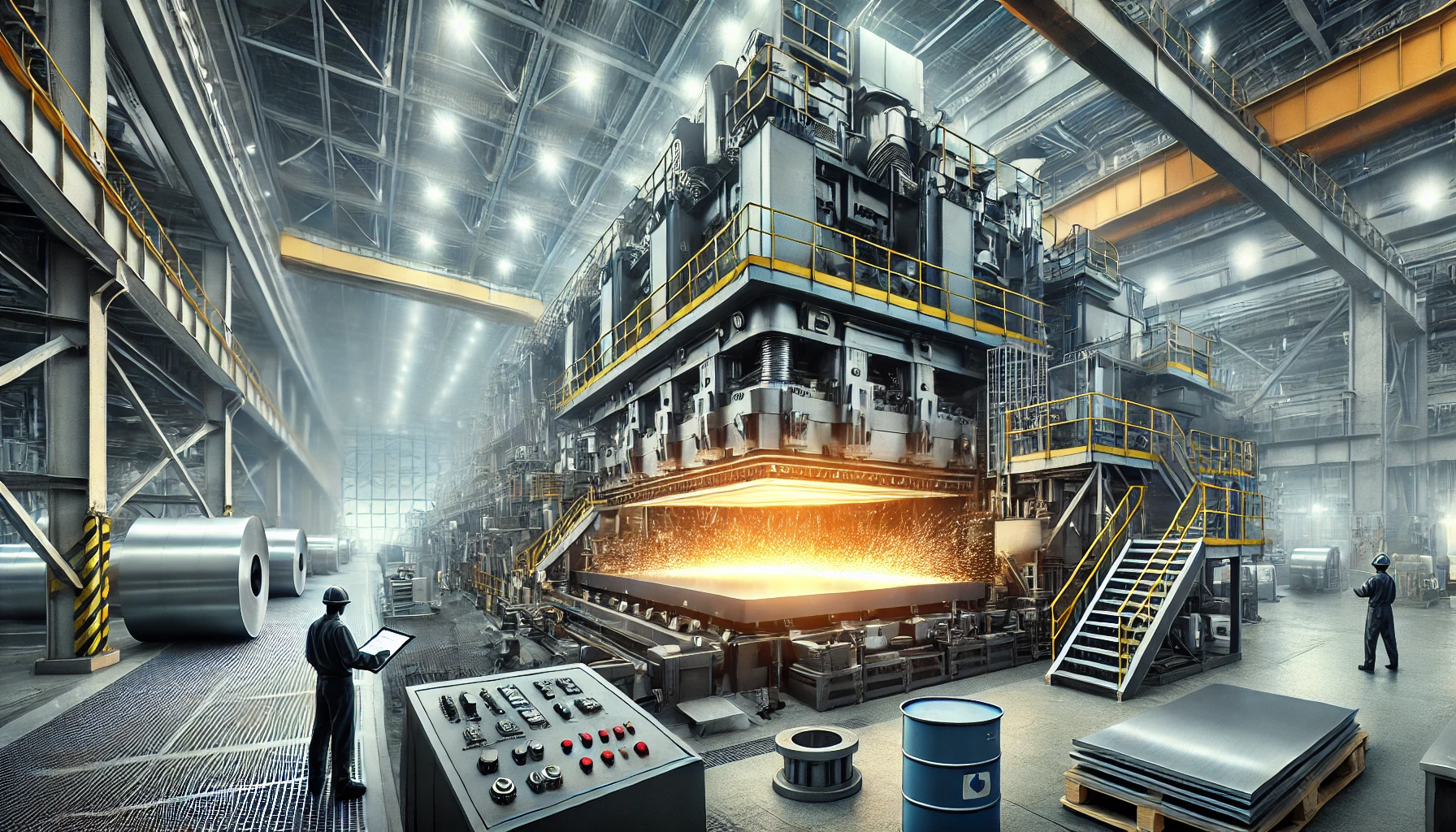
Precision in Fabrication Processes
Another key aspect of quality control in steel fabrication is precision, which includes cutting, bending, welding, and assembling the components according to design specifications. High-precision equipment, such as CNC (Computer Numerical Control) machines, are commonly used to ensure accurate cuts and formations. However, even the most advanced machinery requires regular maintenance and calibration to function correctly.
Quality control personnel closely monitor the fabrication process and check for defects in welds, alignment issues, and any deviations from the design plans. Welding, in particular, demands high attention to detail, as poor-quality welds can lead to structural weaknesses. Inspectors use techniques such as ultrasonic testing and radiographic inspection to identify internal flaws that may not be visible to the naked eye.
Safety and Compliance
Steel is a material often used in structures that need to bear significant loads or withstand extreme conditions. Therefore, ensuring safety and compliance with industry regulations is one of the most important aspects of quality control in steel fabrication. Failure to adhere to these standards can lead to severe consequences, such as structural failures, safety hazards, and legal repercussions.
Regular inspections and tests throughout the fabrication process help ensure that the steel products meet all required specifications. Moreover, certification from accredited bodies further ensures compliance with safety regulations. In this context, quality control acts as a safeguard against the potential dangers of substandard materials and workmanship.
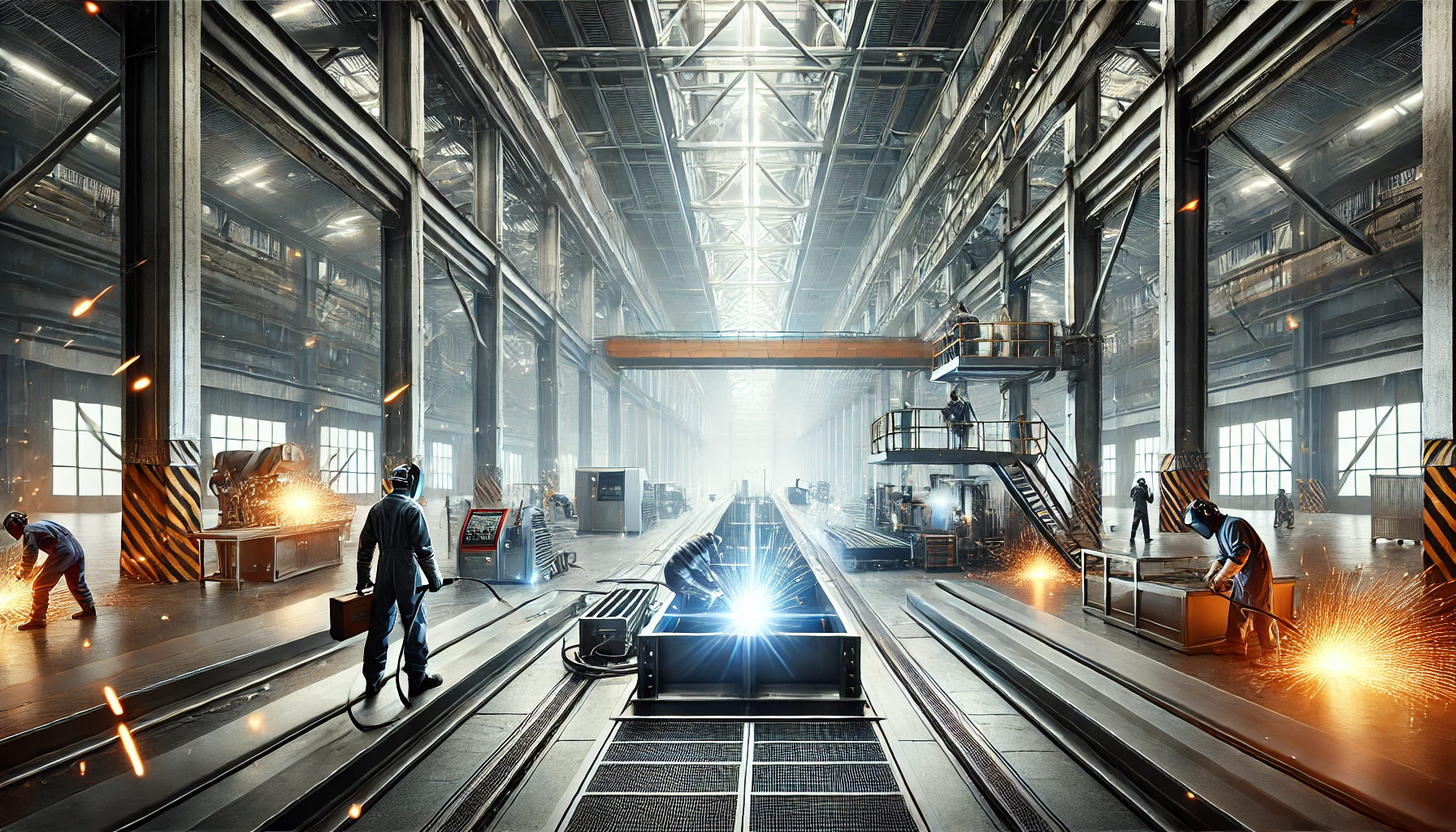
Impact on Cost Efficiency and Productivity
One of the most significant advantages of robust quality control measures in steel fabrication is the positive impact on cost efficiency and productivity. Although rigorous tests and inspections may seem like an added expense, they ultimately save money by preventing costly repairs, project delays, and product recalls. Defective components or faulty welds can result in expensive rework or, worse, complete project failure.
Quality control also contributes to improved productivity by streamlining fabrication. When each step is carefully monitored and inspected, fewer errors occur, and production moves more smoothly. This reduces the need for corrections and rework, which can otherwise slow down production timelines. As a result, companies can complete projects faster while maintaining high standards of quality, which gives them a competitive edge in the market.
Enhanced Durability and Longevity
Steel is prized for its strength and resistance to wear, but these properties can be compromised if the fabrication process is not carefully managed. Improper handling, poor welding techniques, or substandard materials can weaken the final product, reduce its lifespan, and increase the likelihood of failure over time.
Stringent quality control measures can help companies ensure that their products will withstand the test of time. From steel beams for a high-rise building to a pipe for an oil rig, the durability and longevity of the product are directly tied to the quality of the fabrication process. Customers who receive high-quality products benefit from reduced maintenance costs and longer service life.
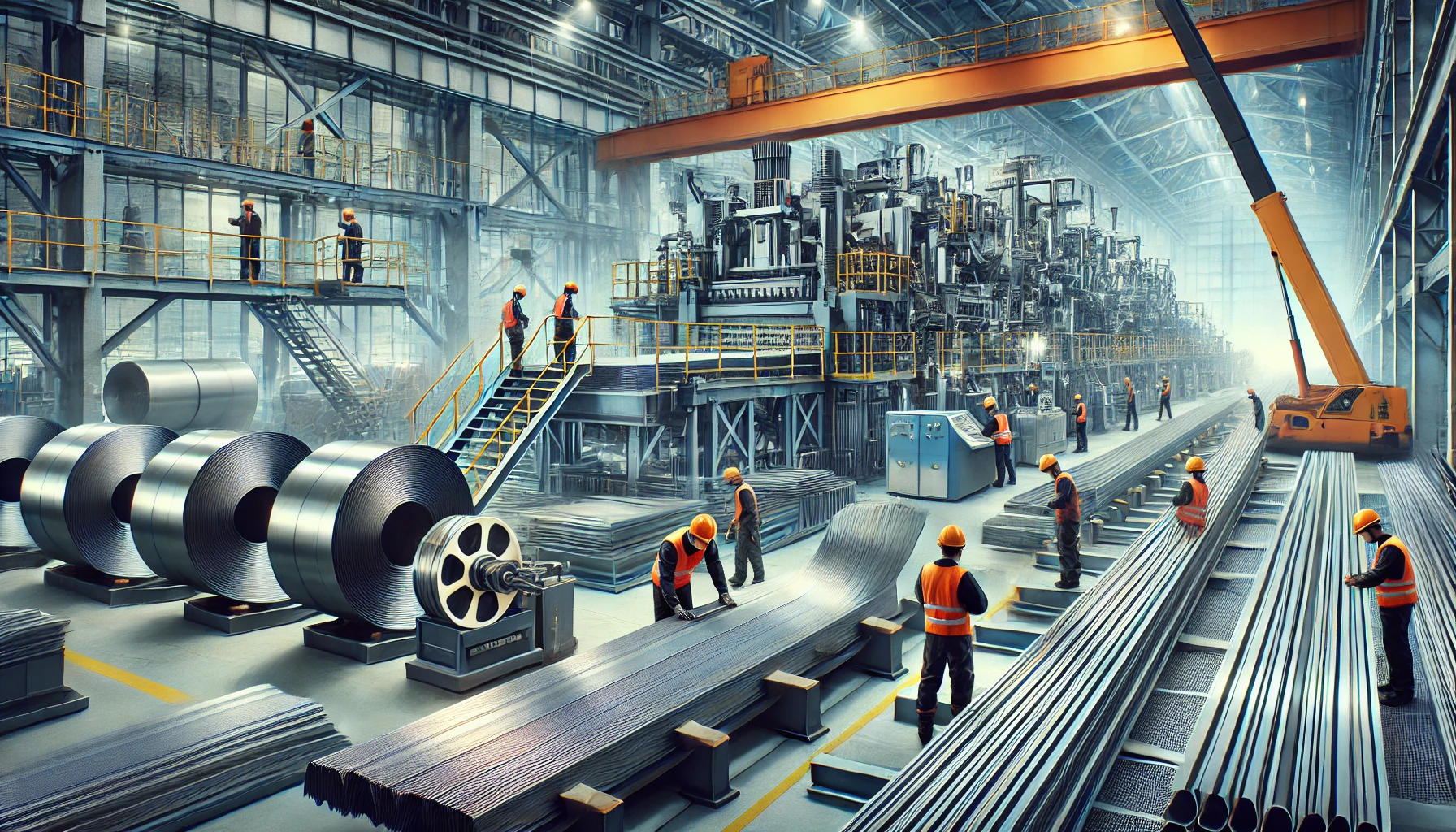
Adaptation to New Technologies and Methods
Steel fabrication is a rapidly evolving field, with new technologies and methods constantly being developed to improve efficiency, precision, and safety. Quality control must adapt to these changes to ensure that the latest advancements in fabrication techniques are implemented effectively. For instance, the rise of automation and digital tools in steel fabrication has introduced new ways to monitor and control quality.
Many manufacturers now use real-time data analytics to track the performance of machines and detect potential issues before they lead to defects. Additionally, 3D modeling and simulation tools allow engineers to test the integrity of a design before fabrication begins, which reduces the risk of errors during production.
As modern technologies become more widespread, quality control must evolve to incorporate these new tools and ensure that steel fabrication remains a highly controlled and precise process. This continuous adaptation allows manufacturers to enhance product quality and identify and rectify potential issues in real-time, which reduces errors and improves overall production efficiency.
Quality at the Heart of Every Steel Project
In steel fabrication, the role of quality control cannot be overstated. From ensuring material integrity to verifying compliance with industry standards, quality control safeguards the reliability and safety of steel products.
Without it, the risk of structural failures and costly errors increases, which can have serious consequences for both businesses and consumers. Quality is at the heart of every successful steel fabrication project.
